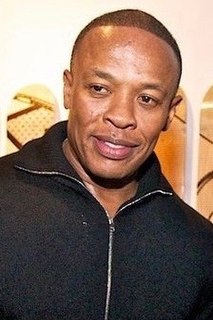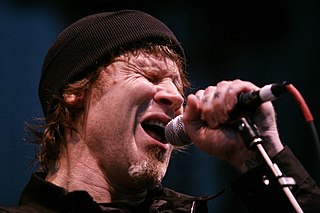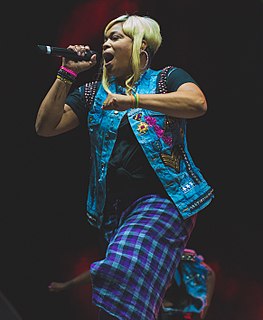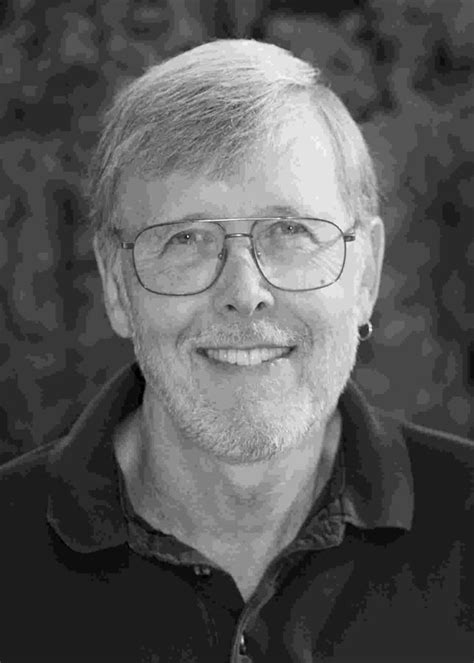A Quote by Dr. Dre
I have a high tolerance for pain - both physical and mental.
Related Quotes
A Positive Mental Attitude is the right mental attitude. What is the right mental attitude? It is most often comprised of the "plus" characteristics symbolized by such words as faith, integrity, hope, optimism, courage, initiative, generosity, tolerance, tact, kindliness, and good common sense. A person with positive mental attitude aims for high goals and constantly strives to achieve them.
Material objects give rise to physical happiness, while spiritual development gives rise to mental happiness. Since we experience both physical and mental happiness, we need both material and spiritual development. This is why, for our own good and that of society we need to balance material progress with inner development.
For sure, with golf it's not a physically demanding sport like tennis. That's what makes tennis great - you combine both things. It's a very mental sport and at the same time can be dramatically physical. But I do admire the mentality of sport more than the physicality because physical performance is much easier to practice than mental performance.
In the central cases of physical pain, then, it appears that at least part of what is bad about our condition is the way it makes us feel. Here there seem to be no problems with a purely mental state account, no counterpart to the experience machine that could bring us to think that we are being deceived by mere appearances. [...] If I am suffering physical pain then I can be quite wrong about the organic cause of my affliction, or even about whether it has one, without that error diminishing in the slightest either the reality of my pain or its impact on the quality of my life.
Pain (any pain--emotional, physical, mental) has a message. The information it has about our life can be remarkably specific, but it usually falls into one of two categories: We would be more alive if we did more of this and Life would be more lovely if we did less of that. Once we get the pain's message, and follow its advice, the pain goes away.


































